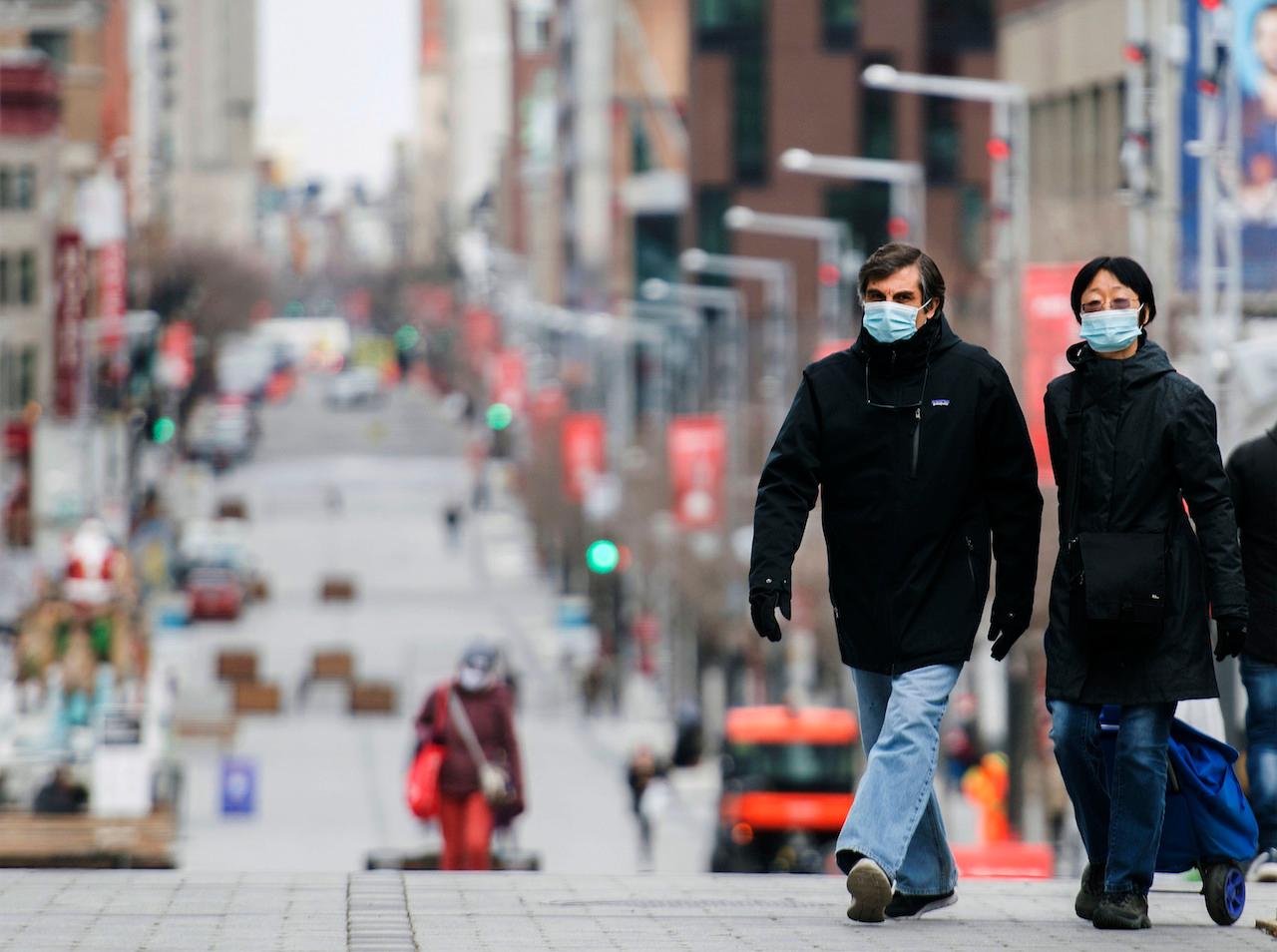Canada plans post-pandemic spending splurge to kick-start economy
The country is currently battling a rampant second wave of Covid-19 infections.
Just In
Canada’s federal government says it will spend C$100 billion (US$77 billion, RM300 billion) to kick-start the country’s economy as soon as Covid-19 is in retreat.
“It will be the largest economic relief package for our country since the Second World War,” Finance Minister Chrystia Freeland said on Monday.
The plan includes relief for hard-hit businesses, loans for devastated industries like tourism, travel and the arts, and investment in long-term care homes.
The announcement comes as the enormous country battles a surging second wave of Covid-19 infections, says the BBC.
The number of active cases has more than doubled in November alone, bringing total infections to more than 376,000. So far, more than 12,000 Canadians have died, according to Johns Hopkins University
As infections climb, coronavirus shutdowns have battered the country’s economy. Last month, Statistics Canada reported an unemployment rate of 8.9%, meaning there are 1.8 million Canadians unable to find a job.
“When the virus is under control and our economy is ready for new growth, we will employ an ambitious stimulus package, to be spent over the next three years,” Freeland told the House of Commons. The spending will amount to up to 4% of Canada’s GDP.
Additional millions will go to vaccine agreements. “Canada has secured the most diverse vaccine portfolio in the world,” Freeland said. “We have secured seven different vaccine purchase contracts, enough for each Canadian to receive 10 doses free of charge.”
To pay for the wide-ranging plan, Ottawa is prepared for its largest budget shortfall since World War Two.
Freeland defended the record deficit as affordable thanks to low interest rates, and necessary for Canada’s economy.
“As we have learned from previous recessions, the risk of providing too little support outweighs that of providing too much,” she said. “We will not repeat the mistakes of the years following the Great Recession of 2008.”
Subscribe to our newsletter
To be updated with all the latest news and analyses daily.
